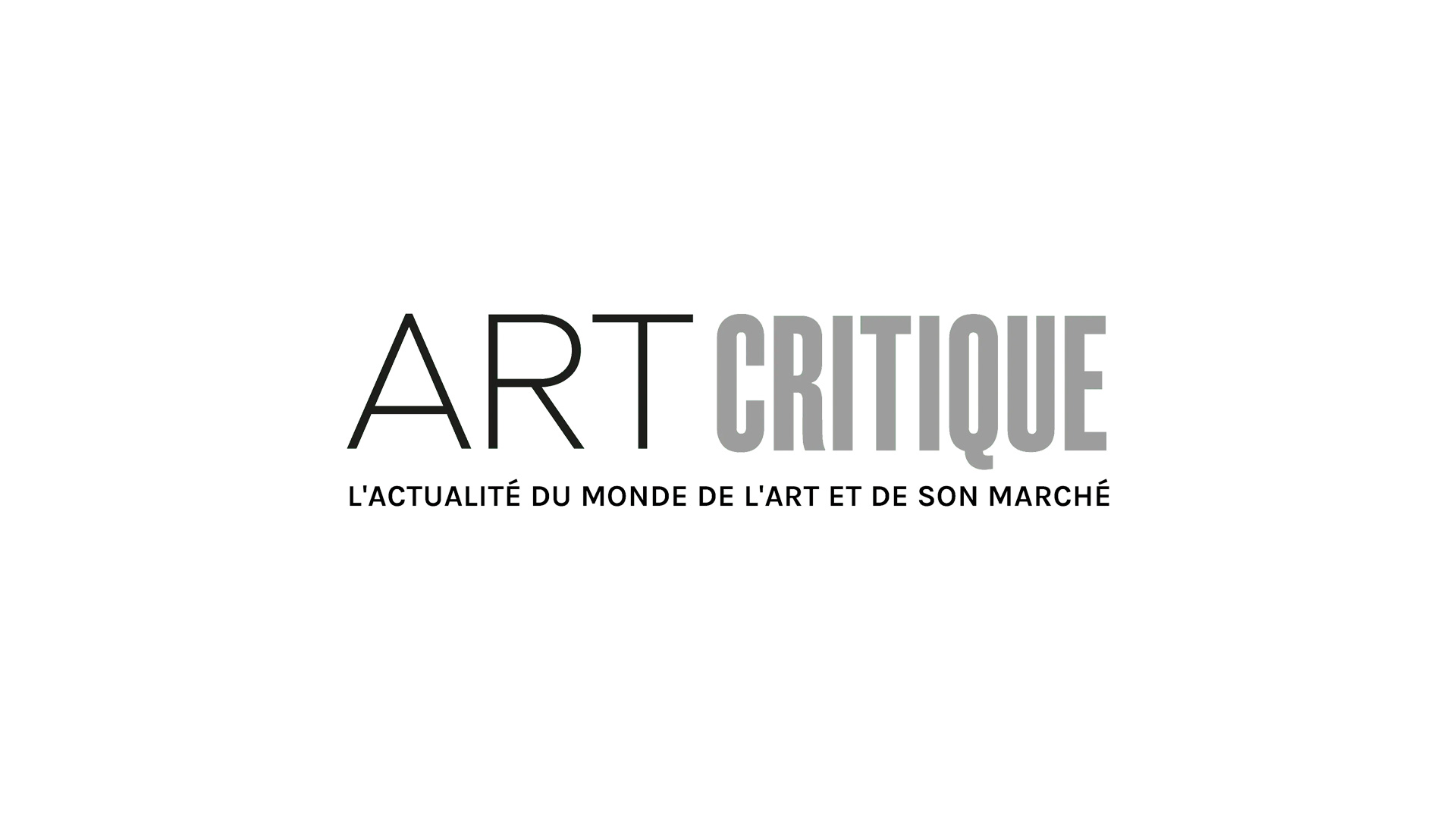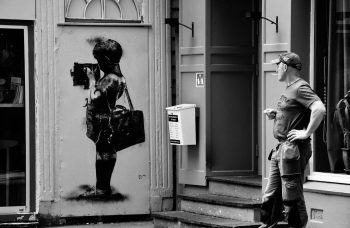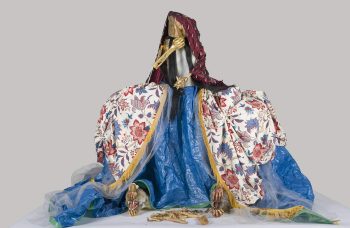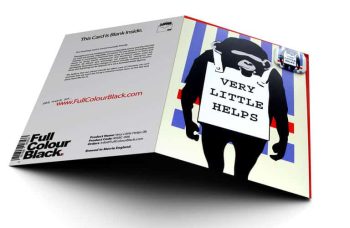In the early hours of Sunday morning, just over 100 people gathered outside of Facebook’s Manhattan headquarters…and stripped nude. The group then posed for photographer Spencer Tunick in nothing but their birthday suits to make a point to Facebook regarding their policies that ban the female nipple. The group thus launched the #wethenipple campaign.
The performance-meets-demonstration didn’t last long, but it didn’t need to. The group, which was mainly women with a few men mixed in, assembled just a couple of blocks from the social platform’s headquarters where they met with Tunick. He instructed them on how the process would go down and to really drive home the point, the group was given circular cut-outs with a of nipples to use in the shoot to cover parts of themselves at times and pasties adorned with nipples for both sexes to cover their real nipples. The group then went to the Astor Place headquarters, stripped down, and took their places. The whole event only took about half an hour.
Tunick collaborated with the National Coalition Against Censorship to not only call out Facebook, but Instagram, too, for their discriminatory censoring of the female body, particularly within the confines of art. In an open letter to Facebook signed by Christopher Finan, executive director of the National Coalition Against Censorship, recognized the platform that both Facebook and Instagram, which is owned by Facebook, have given artists to make their work accessible to thousands of people. He went on to say, though, that their censorship only manifests in photography of the nude body. ‘While permitting nudity in sculpture and painting, [Facebook and Instagram] ban photographic representations of the nude body,’ writes Finan. ‘The nudity ban is punishing for photographers and particularly harms artists whose work focuses on their own bodies, including queer and gender nonconforming artists. It also affects museums and galleries that have difficulty promoting photography exhibitions featuring nudes.’
What Finan refers to are the number of artists, like Savannah Spirit or Betty Tompkins, who have had images deleted without their knowledge or their entire accounts deactivated for showing photographs of the female nude body. Thus, artists and those in the #wethenipple and #freethenipple movements are fighting to have the social media platforms rethink their regulations on the matter. As it stands though, Facebook’s guidelines concerning nudity state that ‘some images of female breasts that include the nipple’ will be restricted, though ‘images, including those depicting acts of protest, women actively engaged in breast-feeding, and photos of post-mastectomy scarring’ are allowed. The section explicitly states that ‘photographs of paintings, sculptures, and other art that depicts nude figures’ is okay, just so long that it isn’t an artistic photo of the female nude it seems.
The performance Sunday morning was made possible by the donations of artists and activists including Andy Cohen of Bravo, artist Andres Serrano, actor and photographer Adam Goldberg, Chad Smith of the Red Hot Chili Peppers, photographer Paul Mpagi Sepuya, and Tunick.





